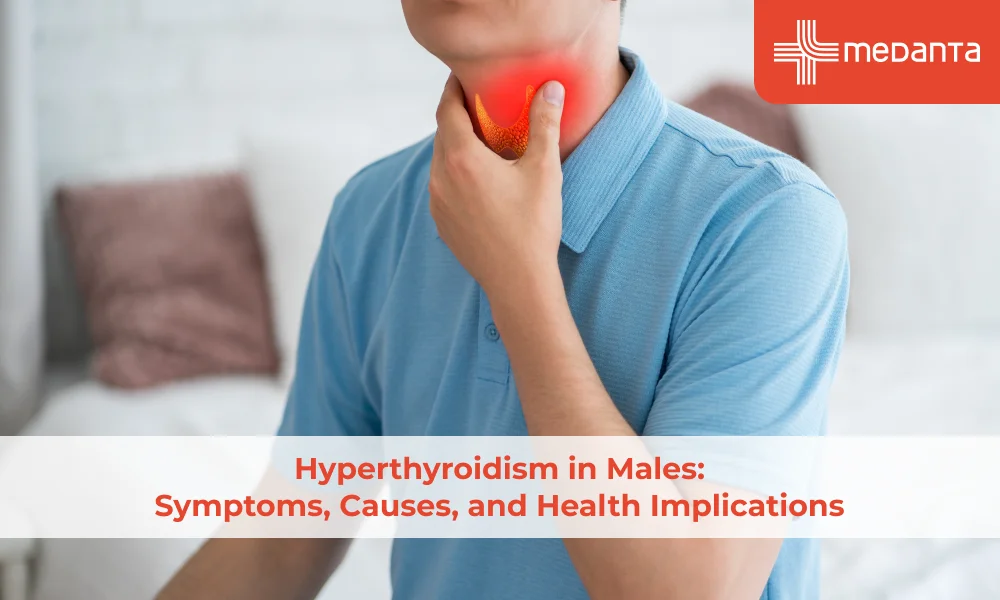Inherited Heart Conditions - Types of Illnesses
Inherited conditions are caused by an abnormality in the genome, otherwise known as a mutation or a fault. Half of our genes get passed on to our children. So there is a 50% chance that a fault in the genome will be passed on to the children. Some of these conditions do not present with symptoms. However, it may lead to sudden cardiac death, sometimes the first indication of a heart condition being passed on in the family.
Your doctor may try to construct what is known as a family tree, which lists down the direct relations and draws the relationships between them. This is also known as a Pedigree chart and helps the doctor understand who else in the family might have a chance of developing the same heart conditions.
Are there any common signs and symptoms of inherited heart conditions?
All inherited heart conditions may not have signs and symptoms. However, many of the cardiac symptoms that are commonly talked about may be present if you suffer from an inherited cardiac disease as well. You can read more about the signs and symptoms of heart disease in our article here. In family arrhythmias, a common condition that is passed on in the family, symptoms such as palpitations and fainting may occur.
What are the types of inherited cardiac conditions?
There are several factors that are considered risk factors for developing cardiac ischemia such as hyperlipidemia hypertension, and high blood sugar. In some cases, the prevalence of these conditions, also known as metabolic syndrome, may be passed on from generation to generation. Familial hypercholesterolemia is a condition that leads to very high cholesterol levels and an increased risk of heart disease. However, these are not classified as inherited cardiac conditions because they do not directly affect the heart or its structure.
Some of the common types of inherited cardiac conditions include:
- Inherited cardiomyopathy: Cardiomyopathy is a condition that leads to the eventual failure of the heart in its function to pump adequate blood across the body. Some of the inherited cardiomyopathy conditions include:-
- Hypertrophic cardiomyopathy
- Dilated cardiomyopathy
- Arrhythmogenic right ventricular cardiomyopathy
- Channelopathies or conditions that lead to abnormal heart rhythm: Electrical potential in the heart is maintained through different ion channels and specialised molecules in the cell membrane of cardiomyocytes or heart muscle cells. Some of the common channelopathies include:
- Long QT syndrome
- Brugada syndrome
- CPVT or catecholaminergic polymorphic ventricular tachycardia
- Progressive cardiac conduction defect or PCCD
- Marfan syndrome - Marfan syndrome is a genetic condition that affects the connective tissues of the body. Connective tissue forms the matrix in which all tissues and organs are supported. There is a 50% chance that someone with Marfan syndrome will pass on their condition to their child. People with Marfan syndrome are usually tall and thin and have unusually long arms, legs, and fingers. The damage caused by Marfan syndrome may vary from mild to severe. If the Marfan syndrome affects the aorta, this can become life-threatening.
- Sudden Arrhythmic Death Syndrome (SADS) - This condition usually results from a normal heart condition that affects the rhythm, which was not detected before the person's investigation following a death.
If you suffer from an inherited heart condition, your doctor may recommend changes in your lifestyle, and medication for surgery which may include introducing implantable devices such as ICDs or in rare cases, heart transplantation.
It is important to note that, while exercise and sports are considered to be beneficial, they may prove dangerous beyond the level if you have inherited cardiac conditions. It is good to take advice from your doctor before engaging in new physically draining exercises.






